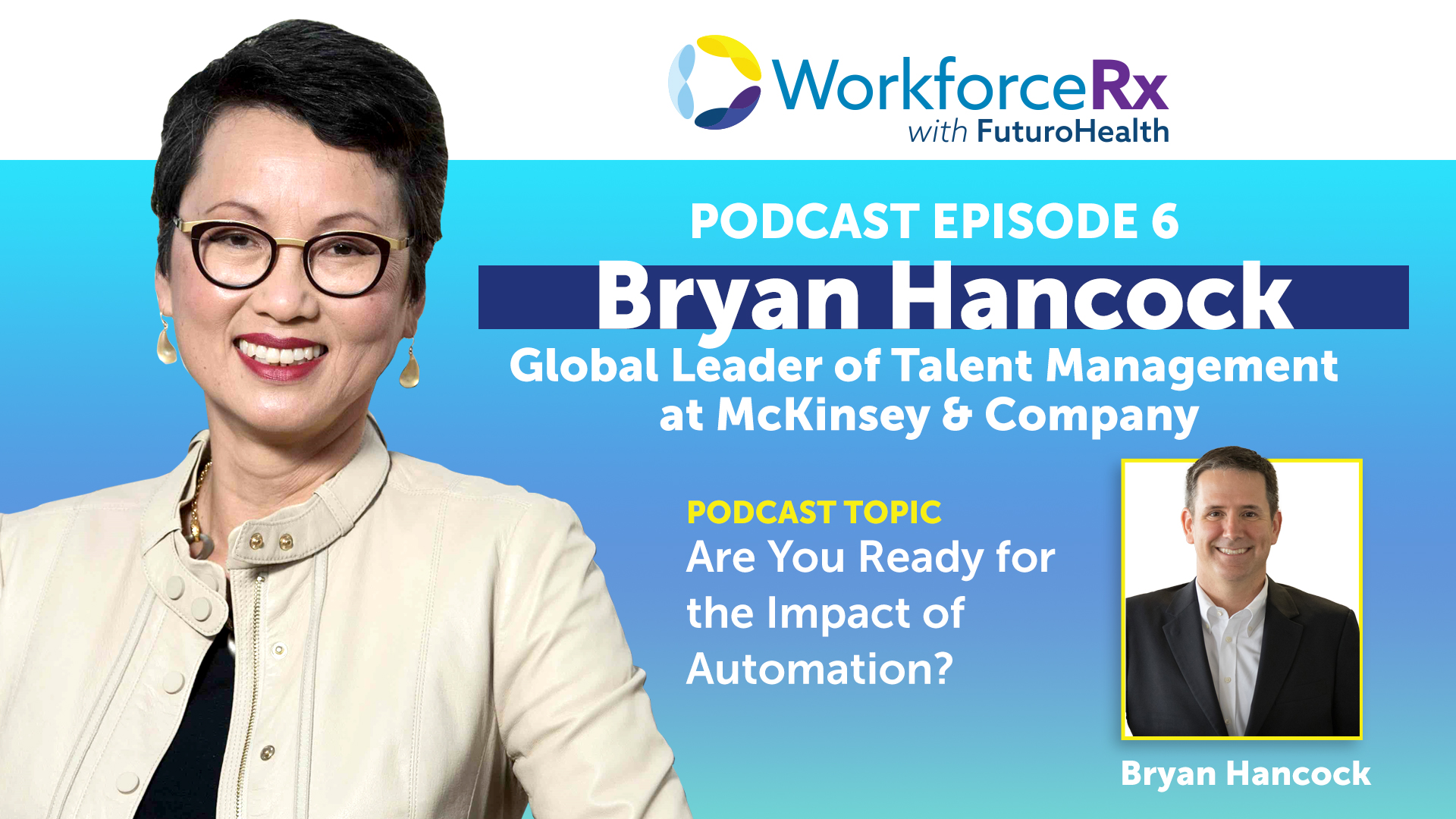As U.S. employers continue to struggle to find workers, they may want to turn their attention to populations who have the skills they need but lack proficiency in English. This describes many people in immigrant and refugee populations who are currently overlooked by employers and make up part of what is called the “hidden workforce.” On this episode of WorkforceRx, Katie Nielson, PhD, joins Futuro Health CEO Van Ton Quinlivan to describe how she works with employers to tap the potential of this talent pool. Nielson has a growing sense of urgency on this issue due to the fact that by 2030, every baby boomer will have reached retirement age and 97% of net workforce growth will be immigrants and their children. “The biggest barrier to integration in general and, definitely to promotion and advancement in the workforce, is English skills,” she says. “If we think about English as something that we can do to help upskill our workforce, then we’ll be able to get those learners not just the English skills but also the workforce skills that they need to succeed.” Tune in to learn about Nielson’s blend of tech-enabled study and interaction, the wisdom of taking a “backwards design” approach, and how workplace-based language programs can help employers achieve goals around diversity, equity and inclusion.

If you’re wondering why there are ten million unfilled jobs in the U.S. despite having an unemployment rate above pre-pandemic levels, Ryan Craig has...

We may soon face a future where AI Agents handle the bulk of low-skilled, entry-level work, forcing educators to figure out how to train...

Bryan Hancock has spent the last two decades focused on the disconnect between the skilled workers employers need and what is available in the...